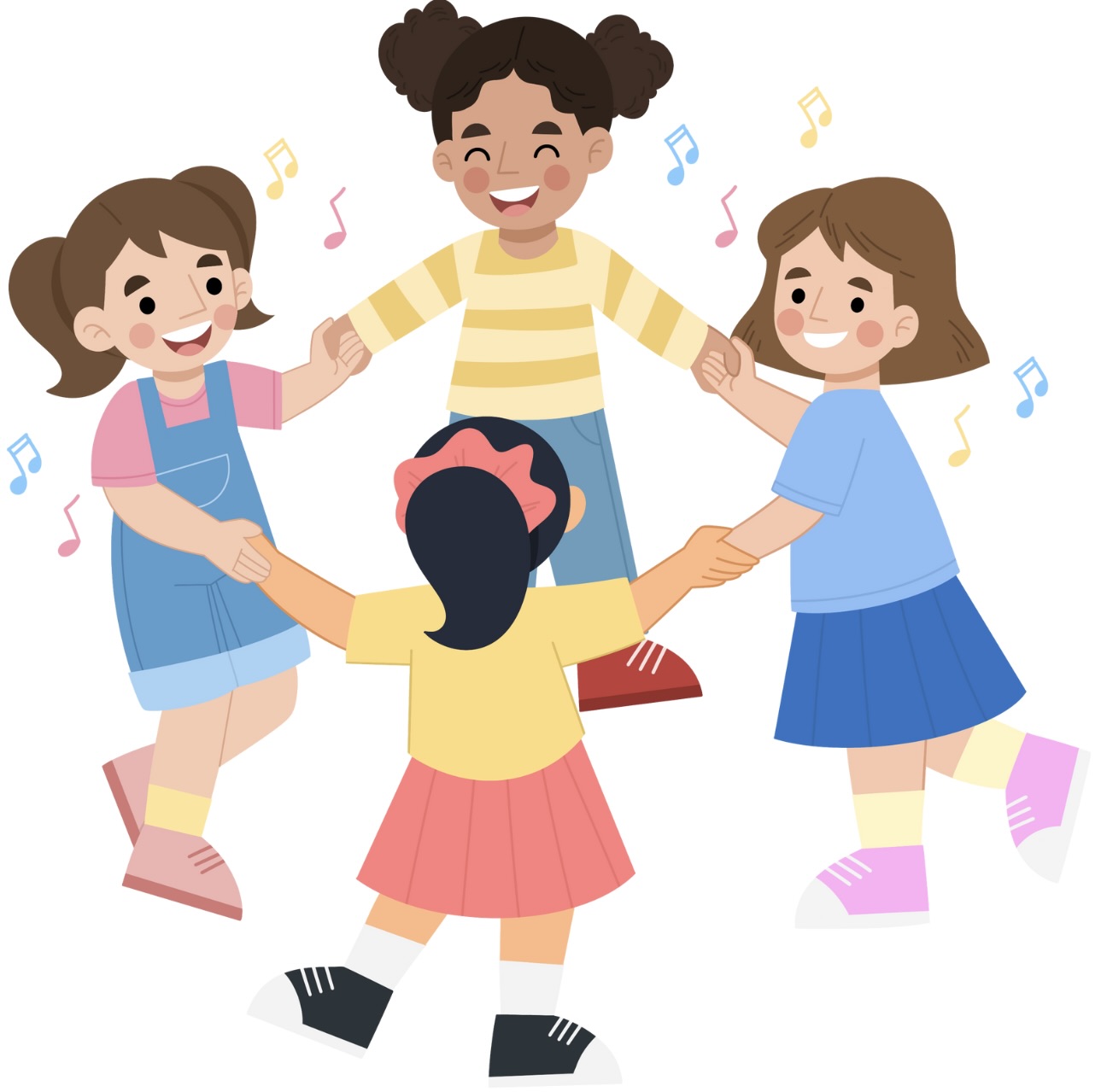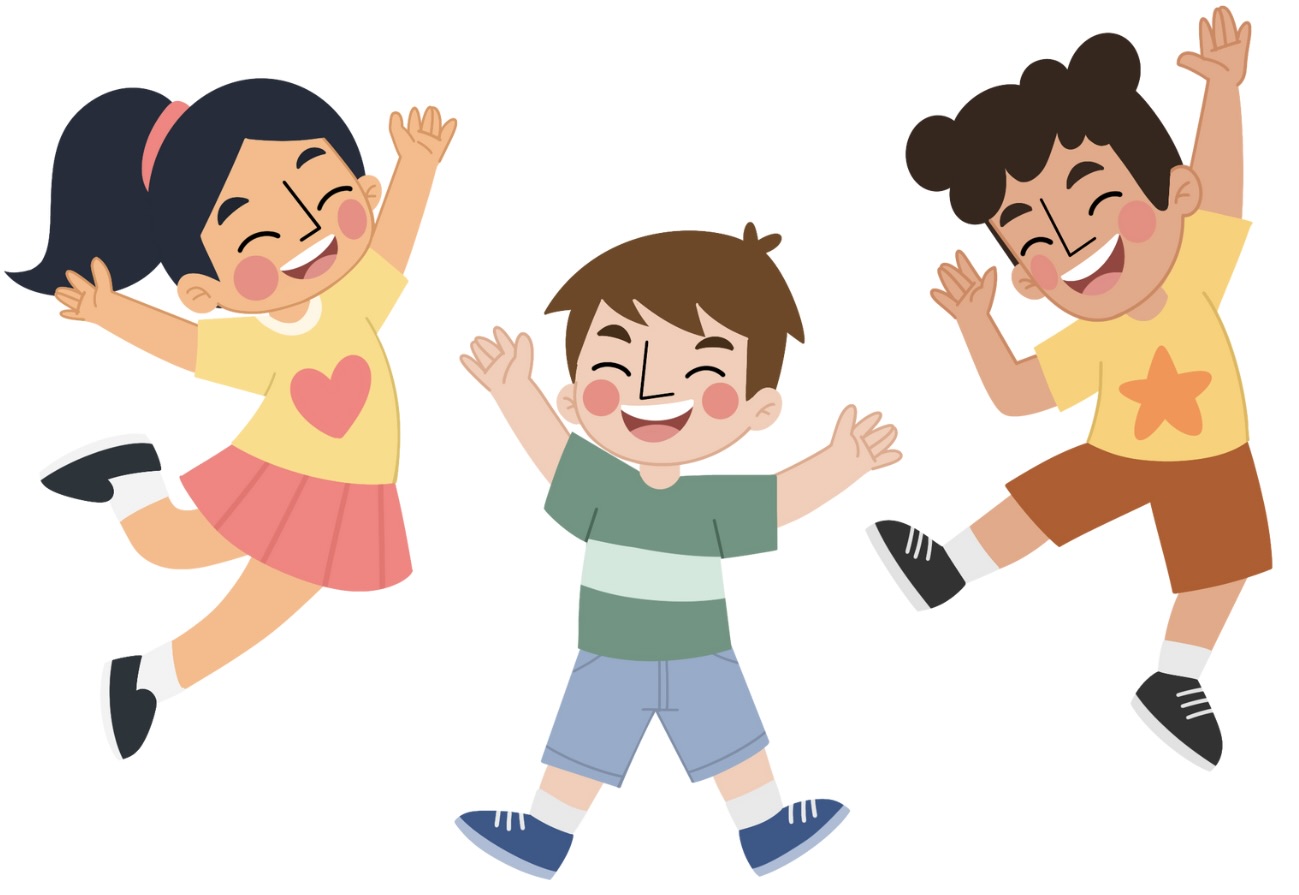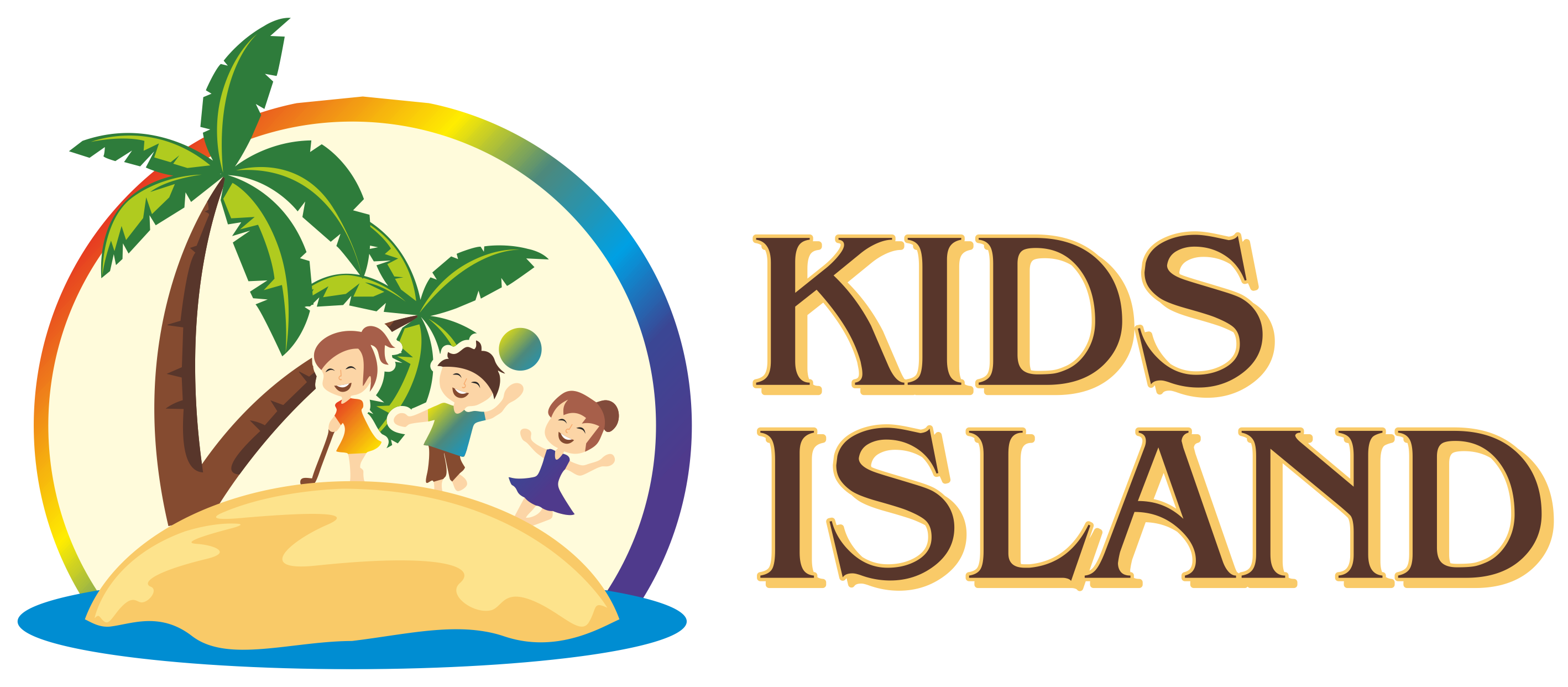Great things happen in kindergarten – although at first glance it is just playing together, arranging blocks or sharing toys in the sandbox, it is there that children learn some of the most important life skills: building relationships, cooperation and trust. It is in kindergarten that the first friendships appear – often very intense, emotional and significant – as well as the first conflicts, misunderstandings and goodbyes.
The approaching end of the year is a special moment. For some children it is a time of joy and pride, for others – sadness and uncertainty. Especially if their “best friend” is leaving kindergarten and going to school. How can we, as parents, support our children in these important emotional experiences?

🤝 Why are preschool friendships so important?
At the age of 3–6, children learn that there is a world of peers outside the family – people with whom they can play, argue, share, create, laugh and experience. A friend in kindergarten is someone very important: they give a sense of belonging, security, being “someone’s”.
These relationships are often very intense: “We’re friends forever” can ring as true as “I’m not your friend anymore!” And that’s completely natural. At this age, relationships are dynamic – children are just learning how to build stability, how to talk about their feelings and how to resolve disputes.
How to support your child in building healthy relationships with others?
- Teach naming emotions and needs: Help your child recognize when they are feeling angry, sad, happy, or jealous. “You’re sad because Johnny played with someone else today—it’s okay to feel that way.”
- Practice resolving conflicts through play: Role-playing with stuffed animals or figurines can be a great way to practice: how to say “no”, how to apologize, how to wait your turn.
- Don’t force friendships, but support relationships: A “best friend” doesn’t have to be chosen forever. Encourage openness and playing together with different children.
- Reinforce positive social behaviors: Appreciate when your child shares, helps, or notices the feelings of others: “I’m glad you invited your friend to play – I could see that it made him happy.”
💔 When it’s time to say goodbye – how to prepare your child for parting?
For kids leaving for school and those staying behind, saying goodbye can be hard. Preschoolers don’t always understand that something is ending – and that someone who was with them every day will suddenly disappear from their lives.
- Talk openly about what’s changing: “Tosia will go to school after the holidays. You will see each other less often, but you can still meet up.”
- Help create a symbolic farewell: Children can prepare a collective drawing, an album, a friendship medal or a farewell letter.
- Emphasize that emotions are okay: Sadness, anger, fear of change – these are natural. Show that all feelings are accepted.
Why is nurturing relationships important for development?
The ability to build and maintain relationships is one of the key social competences that influence:
- development of empathy and compassion,
- sense of belonging,
- ability to resolve conflicts,
- emotional self-regulation,
- positive self-image.
Children who feel liked and important in a group cope better with new challenges, including at school.

What can a parent do?
- Organize opportunities to meet outside of the preschool – picnics, joint play, mini-goodbyes.
- Encourage contact with different children – not just your “best” friend.
- Be supportive without being intrusive – children learn the dynamics of relationships themselves, but they need a safe adult to come back to after a difficult day.
Preschool friendships are not just fun – they are the foundation of future relationships. Although they can be stormy, they are incredibly important for a child’s emotional development. The approaching end of the year is a good opportunity to stop for a moment and notice: what bonds has my child built? How does he feel when he says “goodbye”? And how can I help him cultivate kindness, openness, and the strength to build new relationships?

